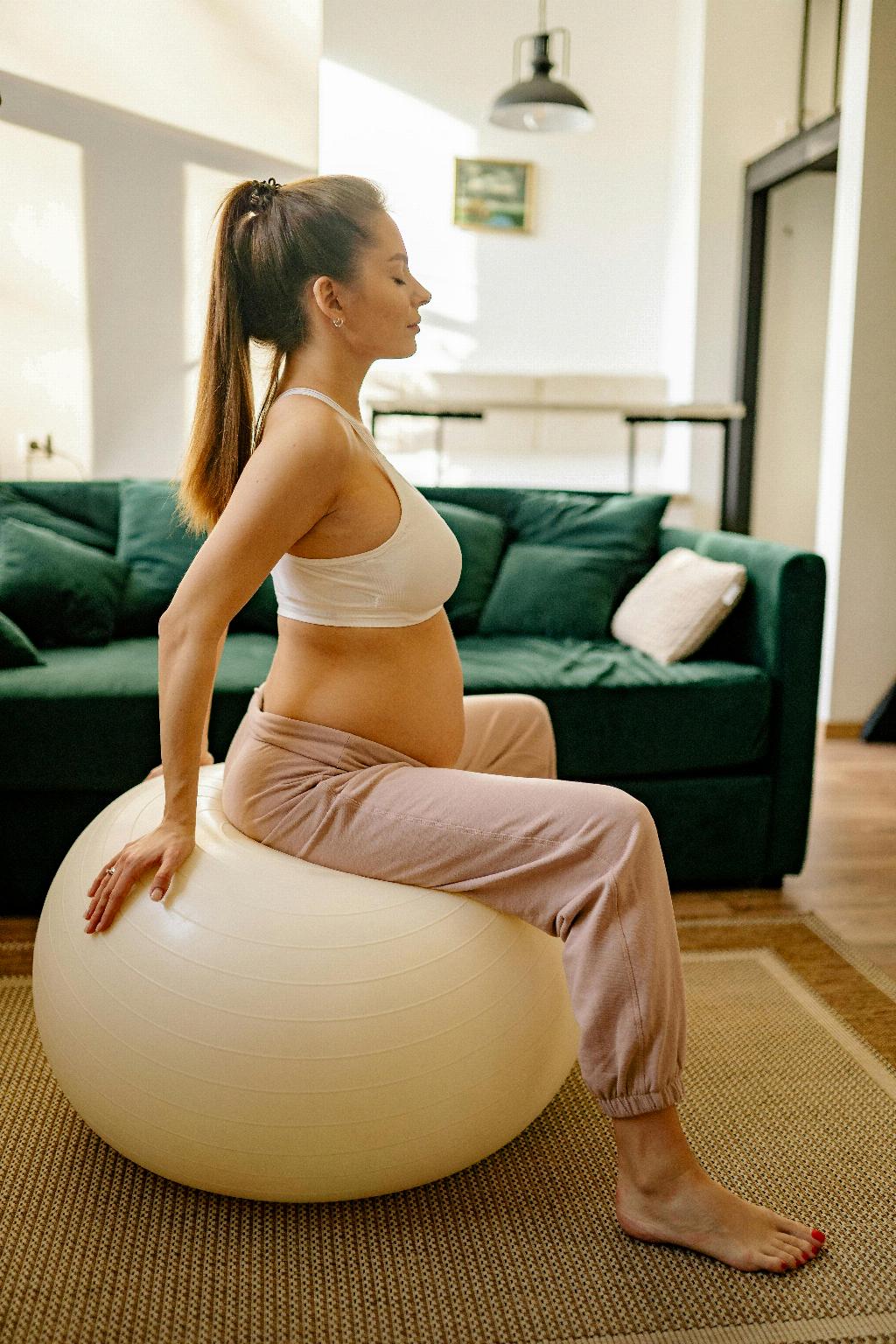Postpartum cramps can be a common occurrence for many women after giving birth. These cramps, also known as afterbirth pains, are caused by the contractions of the uterus as it returns to its pre-pregnancy size and shape. While they may not be the most pleasant experience, they are a normal part of the postpartum healing process.
Factors Influencing Postpartum Cramps Duration
The duration of postpartum cramps can vary from woman to woman. Typically, these cramps last for around two to three days after giving birth. However, some women may experience them for a shorter or longer period of time, depending on various factors.
Previous Birth Experience Impact
Women who have had a baby before are more likely to experience postpartum cramps than first-time mothers. This is because the uterus has already gone through the process of stretching and contracting during a previous birth, making it more sensitive to these contractions.
Level of Uterine Contractions
The intensity of postpartum cramps can also impact how long they last. Women with stronger and more frequent uterine contractions may experience cramps for a longer period of time compared to those with milder contractions. These contractions help the uterus shed the excess lining that built up during pregnancy.
Postpartum Healing Process
It’s essential to understand that postpartum cramps are a natural part of the healing process after giving birth. The body is working to shed the excess tissue and blood that supported the baby during pregnancy. These cramps are a sign that the uterus is returning to its pre-pregnancy state.
Managing Postpartum Cramps
There are several ways to help manage postpartum cramps and alleviate discomfort. Staying hydrated, getting plenty of rest, and using heating pads or warm baths can provide relief from the cramping pain. In some cases, over-the-counter pain medication may be recommended by healthcare providers.
When to Seek Medical Attention
While postpartum cramps are generally considered normal, it’s essential to be aware of any concerning symptoms. If the cramping pain becomes severe and persistent, or if there is heavy bleeding or fever, it’s crucial to contact a healthcare provider for further evaluation and treatment.
Support during the Postpartum Period
During the postpartum period, having a strong support system in place can make a significant difference in managing postpartum discomforts, including cramps. Partner support, assistance with newborn care, and guidance from healthcare professionals can help women navigate this transitional phase with greater ease.
Embracing the Postpartum Journey
While postpartum cramps may be uncomfortable, they serve a vital purpose in the body’s healing process after childbirth. Embracing the postpartum journey and focusing on self-care, both physically and emotionally, can aid in a smoother transition into motherhood and recovery.
Postpartum Care and Recovery
As the body continues to heal and adjust in the postpartum period, it’s essential for women to prioritize self-care and recovery. Proper nutrition, gentle exercise, and adequate rest can support the body in returning to optimal health. Consulting with healthcare providers for personalized postpartum care recommendations is also crucial.
Conclusion
In conclusion, postpartum cramps typically last for around two to three days after giving birth. The duration of these cramps can be influenced by factors such as previous birth experience, uterine contractions, and individual healing processes. While discomfort may arise, managing postpartum cramps with self-care measures and seeking medical attention if needed can support a smoother postpartum recovery journey.

